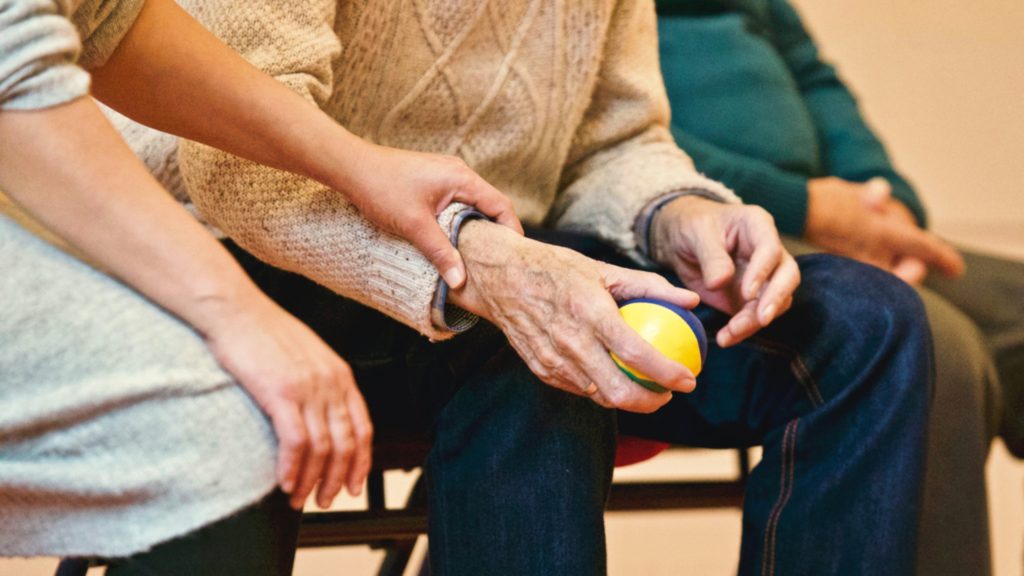The Reality of Being a Caregiver
Pearls of Wisdom from One Caregiver to Another
 Assuming the role of responsibility can be very rewarding; however, there are many things to remember going forward to maintain a healthy and nurturing environment, as well as caring for your own mental and physical health.
Assuming the role of responsibility can be very rewarding; however, there are many things to remember going forward to maintain a healthy and nurturing environment, as well as caring for your own mental and physical health.
Regardless of where you live, getting sick can become very expensive. It’s not just about potential medical bills, but it could also include the cost of additional care for your loved one. Recognizing full-time work might become unfeasible and understanding that income reduction may affect care expenses is important, so planning and budgeting ahead can prevent quite a few sleepless nights! Interestingly, two thirds of declared bankruptcies are caused by loss of income due to caring responsibilities.
Hearing about the realities of job loss and bankruptcy sounds scary, but this needn’t be the case. Building a strong support team is vital, not only to avoid sticky financial situations, but to maintain a healthy balance and a sense of shared responsibility. Family and friends tend to be keen to lend a hand. It’s important to be honest about the struggles and frustrations related to providing care. Asking for help if help is needed is vital, whether that is from relatives or whether that involves a senior health advisor or external caregiver.
As keen as some family members may be to lend a hand, over time this may not always be the case. If you’ve taken on the responsible role of a primary caregiver, give yourself space to breathe and take care of your own needs. If you’ve decided not to become the main caregiver, be aware of the time and energy expended by those who are. Compassion and empathy go a long way. Offering to swing by to help get the day started or cooking lunch once a week are just a couple of ways to provide support.
If you’re taking care of a parent, you may have already come across two frequent issues:
- Parents who are not able to age in place.
- Parents and adult children who don’t see eye to eye on a care plan.
It is difficult for an elderly person to navigate the home they’ve lived in since they were younger. Stairs, irregular floors, sharp corners – all these can present hazards! Moving to a more cost-efficient, age-friendly residence may not be feasible, so it’s important to understand the costs of making major renovations or the need for external paid caregivers.
If you feel like your parent refuses to listen to you and your recommendations, be mindful that this is often due to difficulty coming to terms with the losing of faculties and independence. Your aging loved one is more likely to listen to an external health provider, so consider engaging with an elder care manager.
Overall, the journey faced by primary caregivers can be an emotional rollercoaster. In addition to physical challenges, those whose mental faculties are deteriorating can cause caregivers to feel overwhelmed. It’s important to find what has meaning and focus on that. Identifying meaningful rituals or customs, like praying or singing a specific song, can bring familiarity and peace when experiencing anxiety. The road may feel long at times, but those who become caregivers will learn a lot about themselves and what matters in the process.
–by Elizabeth Hines
Elizabeth Hines is a writer and editor at Essay Roo and Do my homework. She is also a contributing writer for Big Assignments. As a content writer, she writes articles about the latest tech and marketing trends, innovations, and strategies.